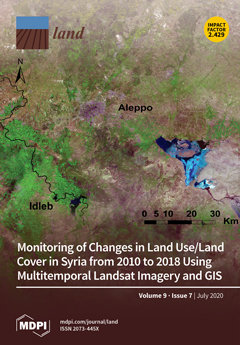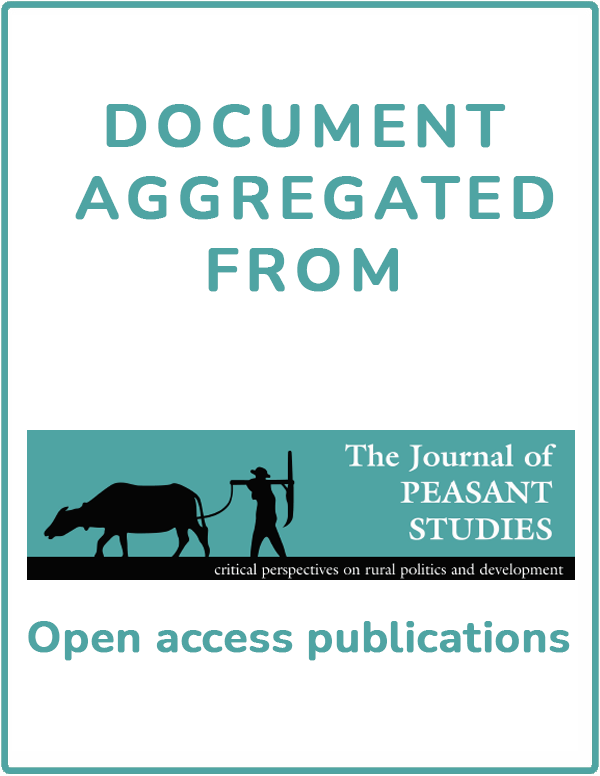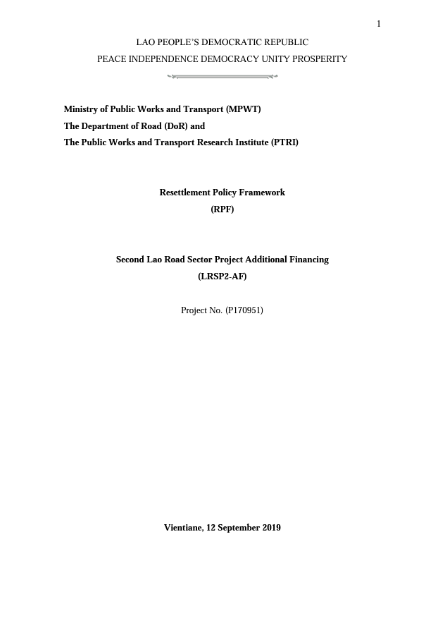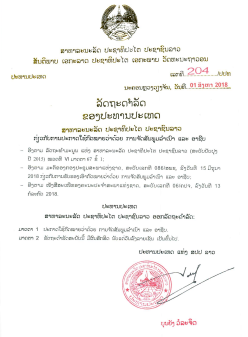Analysis Of The Technical Efficiency Of Wayleave Acquisition Process. A Case Study Of Transmission Infrastructure In Kenya
Context and backgroundIn response to national development challenges, the Government of Kenya has disseminated its development agenda through the ‘Kenya Vision 2030, which aims at creating “a globally competitive and prosperous country with a high quality of life by 2030”. Infrastructure projects are key enablers in spurring the socioeconomic development.











